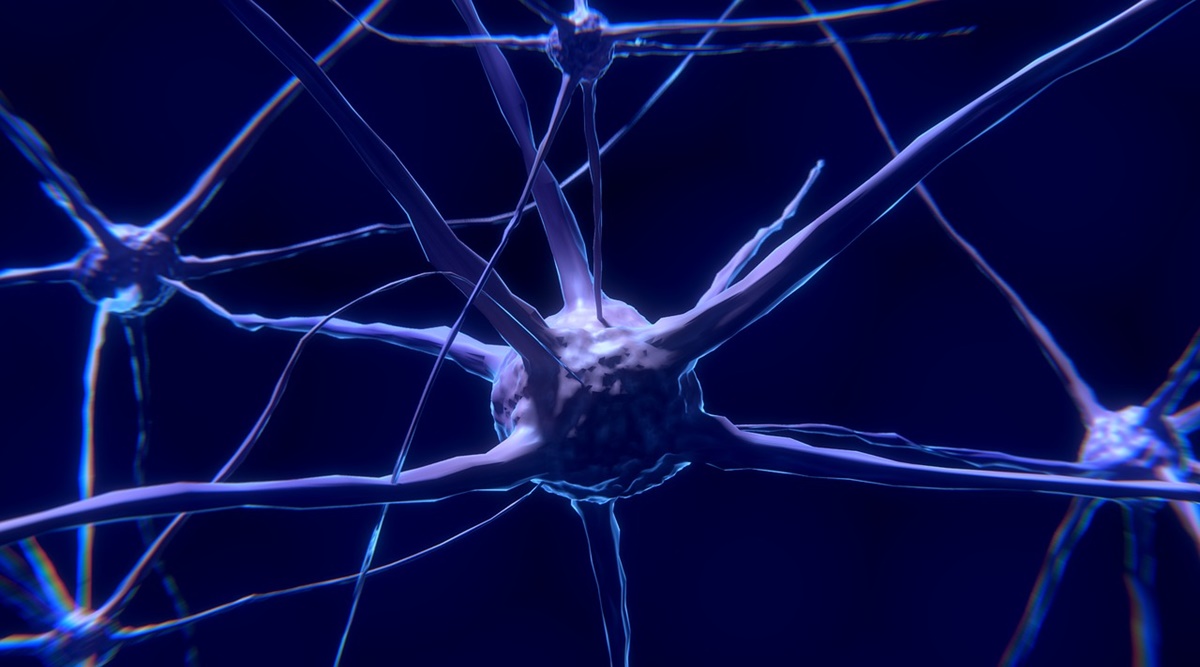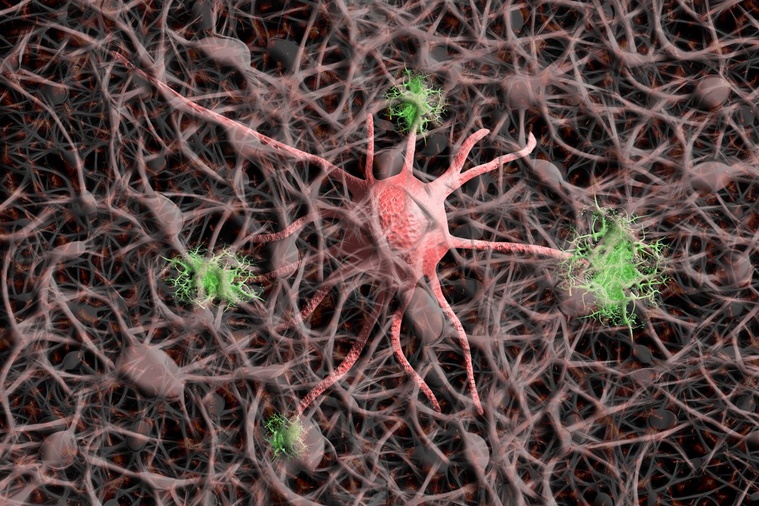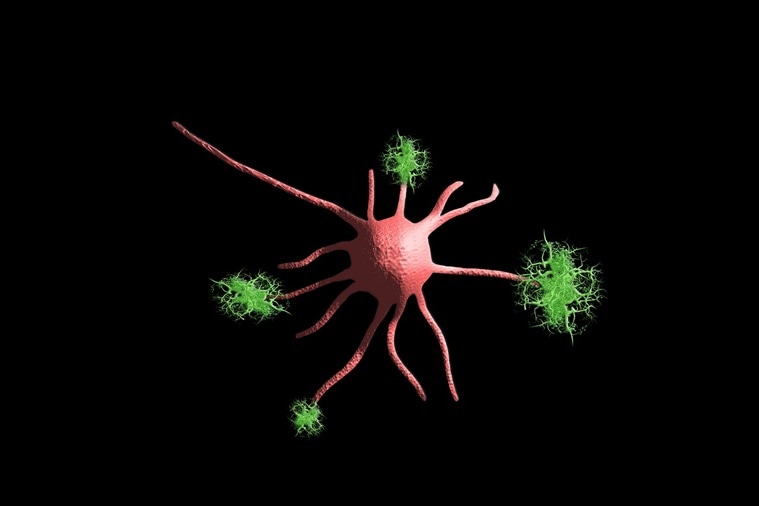The treatment of a pinched nerve depends upon the area affected and the cause. One way to fight this, could be adapting to activities that help in distressing the nerve, says Dr Anil R

A pinched nerve or compressed nerve, as doctors call it, occurs when pressure is applied to a nerve root by surrounding tissues such as bones, muscles, tendons or cartilage. This pressure disrupts the nerve’s function which further causes discomfort and pain in that area.
“Pinched nerve can occur in people of any age. Typically, those who are aged 50 and older are most likely to develop them due to age-related arthritis and degeneration in the spine and other parts of the body. People with diabetes and those who are obese are among the higher risk category of nerve compression,” said Dr Anil R, Consultant-Neurology, Columbia Asia Hospital Hebbal (A unit of Manipal Hospitals).
While pinched nerves do not usually cause permanent nerve dysfunction, it can lead to conditions like peripheral neuropathy when left untreated, he added.

Reasons for pinched nerve
A pinched nerve develops when a nerve is damaged and cannot send regular signals to the brain. This condition can happen for a range of reasons such as a herniated disc or bone spurs that are compressing the nerve. Arthritis in the area can also be a reason. “Sometimes certain activities and habits trigger a compressed nerve. Poor posture while sitting, standing, or walking are also leading factors. Injuries during sports, pressure caused by body weight in obese people may also compress a nerve at times. In pregnancy it is the extra weight that can result in compressed nerves,” Dr Anil told indianexpress.com.
Symptoms
A pinched nerve can cause different symptoms depending on the body part it affects. The most common of them are:
*tingling
*burning sensation
*decreased sensation or numbness in the area
*pain- sharp ache or radiating pain
*muscle weakness, especially with certain activities
*stinging pain, such as pins and needles
Areas it affects
Pinched nerves can occur anywhere in the body. It can also involve the spinal nerves and the peripheral nerves (of the limbs). They can impact the neck, upper-middle back, or even the lower back. It can also be experienced in hand, shoulder, arm and elbow and wrist.
Remedies
“In most of the cases, pinched nerve abates on its own. If the pain is not too severe one can try self-care options such as heat/ice application in the area, massage, etc. Along with these good rest is essential and effective for a healing nerve. Also, avoid lifting heavy weights.
However, if the symptoms and pain persists even after trying home remedies, one should not hesitate to seek medical intervention,” he advised.

Treatment plan for a pinched nerve
The treatment of a pinched nerve depends upon the area affected and the cause. One way to fight this could be adapting to activities that help in distressing the nerve.
Some initial treatments, says the experts, may include:
*Nonsteroidal anti-inflammatory drugs such as aspirin, ibuprofen, or naproxen
*Injections of corticosteroids (an anti-inflammatory medication)
*Improving the neck/back strength through physical therapy and improving posture may prevent or ease nerve inflammation
*Chiropractic care
*Use of cervical collars/splints may help to treat wrists, neck and hands.
“In some cases, if it fails to respond to medication, splinting, physical therapy, or injections, surgery may be required to release pressure on the nerve. The type of surgery will depend on the nerve affected. Very few patients end up needing surgery for pinched nerves; for most of them, non-surgical treatments work in relieving the pain.” he said.
Healing time
In most patients, with adequate rest and other treatments, symptoms improve in a few days and recovery happens within six to 12 weeks of nonsurgical treatment. Nerve function returns to normal once the pressure on it is relieved.

How to prevent a pinched nerve
Not all pinched nerve conditions are preventable, but one can lower their risk if he/she:
*Maintain a healthy weight and good posture.
*Do stretching exercises to keep muscles strong and flexible.
*Sitting in one position or even lying down in the same manner for long hours can result in compressed nerves in the leg.
*Use wrist rests while using a keyboard, take breaks from repetitive actions such as typing
Visit a doctor if you have persisting symptoms of pain, tingling, numbness, or weakness that radiate into the arm or leg. Getting an accurate diagnosis as soon as possible is important so that a treatment plan can be set up early, which is important in rectifying the condition effectively.
Source: Read Full Article
